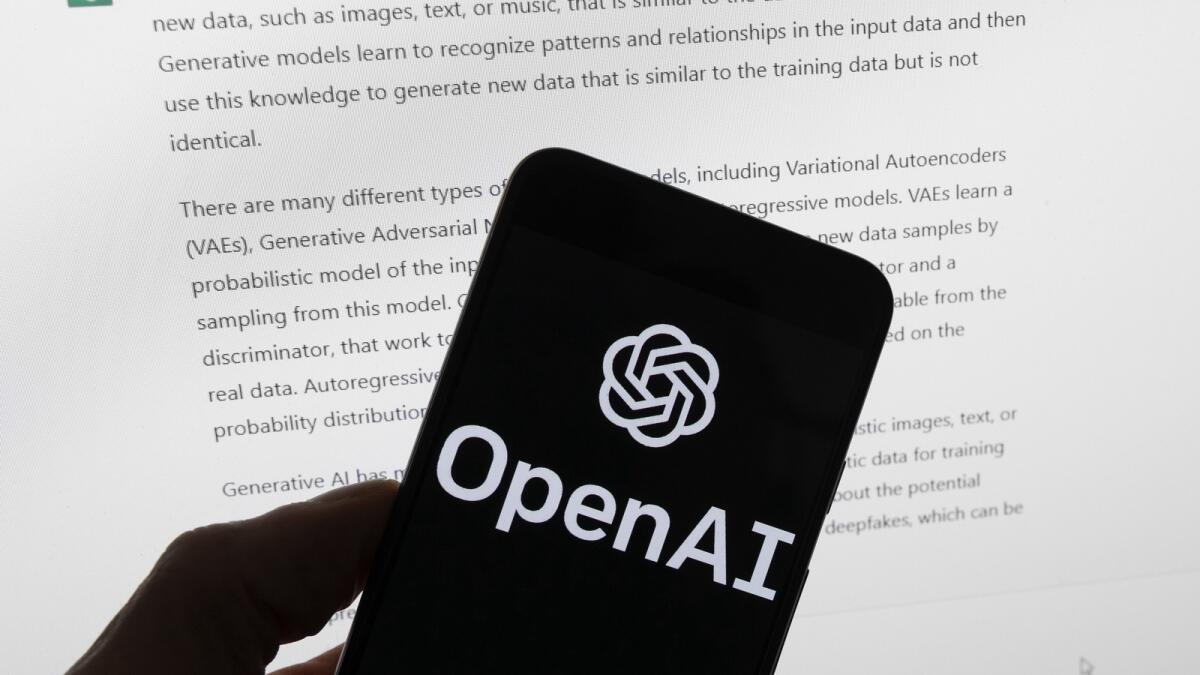AI in Literature: Will Artificial Intelligence Replace Human Writers in the Future?
Aditya Nair, a former journalist and copywriter, recently won the literature category at the Global Prompt Engineering Championship by producing a short story in just 10 minutes using AI. Despite his victory, Nair emphasizes that AI, while effective, cannot replace the human element in storytelling. With a total prize of Dh1 million offered to winners in three categories, participants showcased their AI skills in literature, art, and coding in Dubai. The pressing question arises: Will AI soon play a role in the literature industry on a larger scale?
Nair, who works in AI innovation for a UK-based company, has been using AI tools like ChatGPT for years. He found that while AI can generate text quickly, it still requires human input for overall narrative, character development, and creative direction. Nair emphasizes that AI cannot fully replace the ideation process and the thinking involved in traditional writing. Another finalist, Abobakr Farouk, an Egyptian computer engineer, used AI to write a story in Arabic but believes that AI may struggle with the complexities of mastering Arabic literature and poetry.
Contestants were judged on criteria such as speed, quality, creativity, and accuracy. Judges, including Ahlam Bolooki, CEO of Emirates Literature Foundation, noted that identifying AI-authored stories from human-written ones was still possible in the early rounds. While AI shows potential in writing, strong literature output requires deep knowledge and a solid background in writing styles. Bolooki acknowledges AI’s potential but emphasizes the need for regulation in the publishing industry to prevent AI from replacing writers entirely.
The competition also featured the youngest competitor, 13-year-old Zara Hasnain from the UK, who was granted an exception to participate due to her passion for AI and literature. Zara believes that AI offers quicker and more precise information, making it a valuable tool for learning. However, she acknowledges the importance of balancing AI usage with traditional methods, especially in educational settings where AI may not be allowed. Khalfan Belhoul, CEO of Dubai Future Foundation, highlighted AI’s potential but also expressed concerns about maintaining the human connection as technology advances.
As AI continues to make advancements in various industries, including literature, the debate over its role in replacing human writers remains ongoing. While AI offers efficiency and speed in generating content, it currently lacks the depth of emotional intelligence and creativity that human writers bring to storytelling. As the competition showcased, AI can assist writers in generating text quickly, but the human touch in crafting narratives and characters is irreplaceable. Ultimately, the future of AI in literature will likely involve a balance between technological advancements and preserving the artistry of human storytelling.











